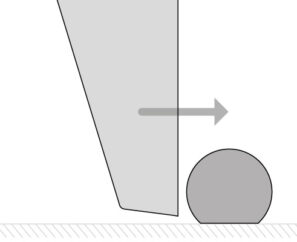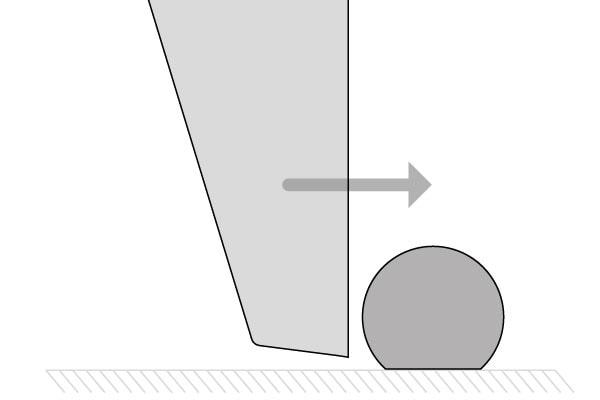As forerunners in bond testing, we aim to spread knowledge about bond testing in the industry. A shear test is one of the most common tests to perform on a bond tester. That is why we have a new ‘How to’ guide on shear testing. Dig into the “How to shear” and learn how to perform an optimal shear test on balls, copper pillar, dies, and wedges.
Abstract
This extensive how-to consists of 18 paragraphs. The focus is on shear testing on balls, dies, and wedges.
We touch on topics like tool design, tool quality, tool alignment, and how to hold the sample. We share common failure modes for gold balls, copper balls, solder balls, die shear, and wedges.
The guide also covers cavity-, overhanging die-, passivation-, zone-, vector-, and SMT lead shear. At the close, we explain some test method settings.
What is shear testing?
Performing a shear test, a bond tester applies a lateral load to the sample and shears the bond from its surface.
Types of shear tests
There are many types of shear tests. The most typical test types are:
There are also shear tests for less common applications, like: cavity shear, overhanging die shear, passivation shear, ribbon shear, zone (total ball) shear, thin die/high force shear, vector shear, and SMT gull wing leads shear.
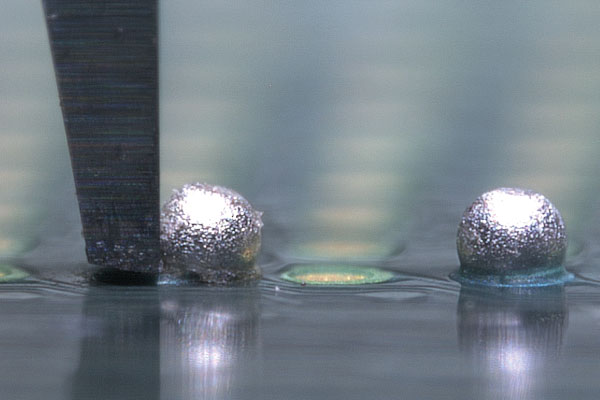
Automatically grade your test results
Automatically grade the failure modes of the test result images with grading assistance. Optical inspection calculates the area of bulk material remaining as a percentage of the whole. The result and a picture with a graphical overlay are stored in the system together with the measurement.
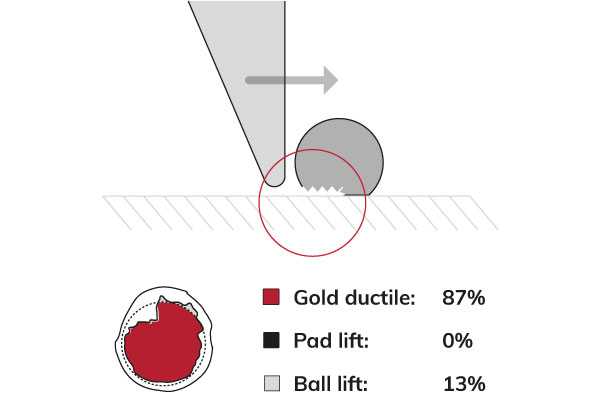
Bond testing guidelines
Besides the how-to on Shear testing, we offer guides on how-to Wire Pull (WP), Cold Bump Pull (CBP) and Tweezer Pull (TP) and access to the relevant MIL-STD-883 standards. Feel free to use these guides to bond testing. Also, please reach out if you have any comments or specific questions regarding the application or your samples.
How to Wire Pull
This how-to on wire pull (WP) guides what to consider and how to perform a correct wire pull test. The main focus of this manual is on wire and ribbon pulls using wire hooks. Loop height measurement is also covered.

How to Cold Bump Pull
This how-to on Cold Bump Pull (CBP) guides what to consider and how to set up a correct Cold Bump Pull (CBP) test. It generally refers to solder ball testing, but the principles apply equally to most bump testing.
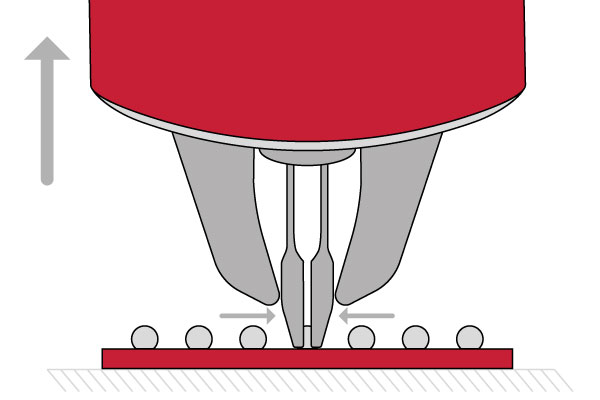
How to Tweezer Pull
This how-to on Tweezer Pull (TP) guides what to consider and how to perform a Tweezer Pull test or a Tweezer Peel test. Tweezer pull and peel tests usually are not challenging to do if you own the right equipment.

Other test types
Find out what test types are configurable for your applications. In this overview, you will find all test types to perform on a Sigma bond tester. Click on your test type to read more about a specific test type.
The Wiki of bond testing
Explore the world of bond testing. Our knowledge center has all the information about bond testing you ever want to know.
Couldn’t find what you were looking for? Contact us! We have the experience and teamnology to create solutions for any bond testing requirement.

